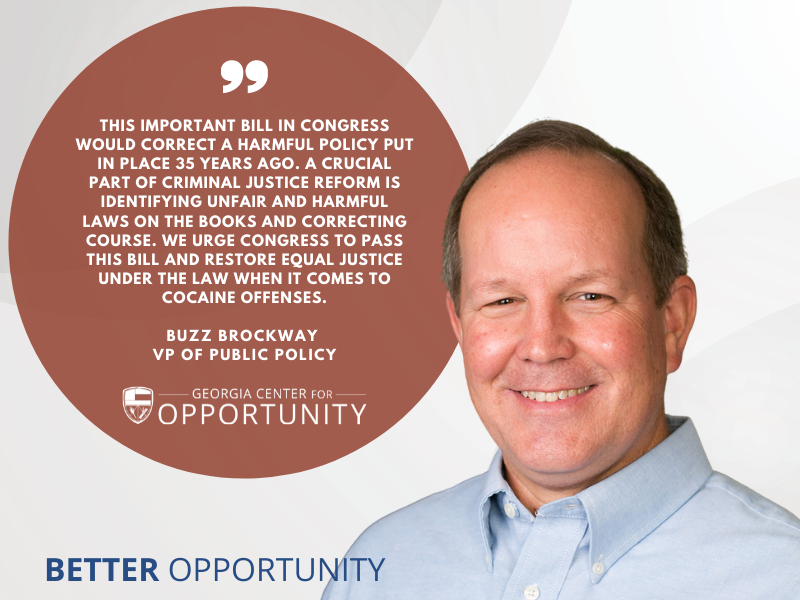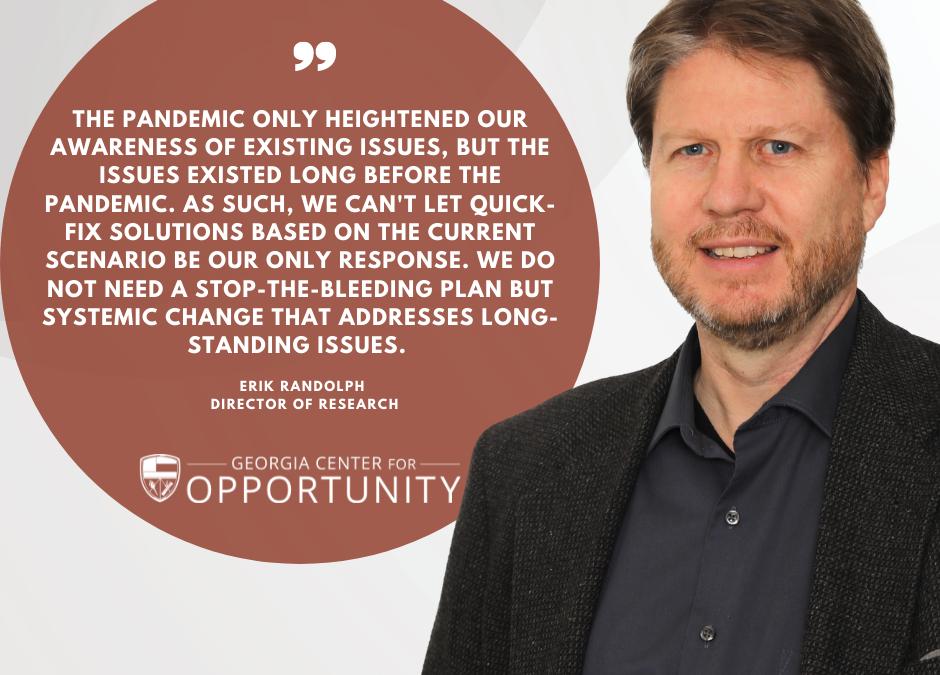Beyond our schools, GCO has also been a key player for many years to help adults get the training they need to enter the workforce—and stay employed. Through various apprenticeship programs and our Hiring Well, Doing Good (HWDG) program—now called Better Work—we continue to focus on ensuring that students and job seekers have the tools they need to land a job that meets the demands of a rapidly changing workforce. Unique among back-to-work programs, Better Work is a catalyst connecting employers to local and state chambers of commerce, vocational colleges, nonprofits, and churches.
While there’s no doubt that GCO has played a key leadership role in removing barriers so that every person—no matter their race, past mistakes, or birth circumstances—has access to a quality education, fulfilling work, and a healthy family life, there’s still more to do.
Looking forward, we will continue to call for further expansion of the tax-credit and special needs scholarship programs, which transform lives and are widely embraced by Georgians regardless of socioeconomic status, race, zip code, and political affiliation.
And we will keep pressing for Education Savings Accounts (ESAs), which would offer much-needed flexibility and assistance to students from low-income families, those adopted from foster care, children of active duty military, students with an Individualized Education Program, and those with a documented history of being bullied.
The good news is that Georgians from all backgrounds are clamoring for more educational options. And if there’s a bright spot to the pandemic, it’s that parents—and legislators alike—are more open than ever to creative solutions that provide more quality education options that put people on the path to success for life.
One recent example is federal funding through the Governor’s Emergency Education Relief Fund (GEERS), which provides assistance to local educational agencies, institutions of higher education, and other education related entities impacted by the coronavirus. This includes providing child care and early childhood education, social and emotional support, and protection for education-related jobs.
The bottom line is that people want more freedom. And it is education that opens doors to fulfilling work, which impacts individuals for the rest of their life—the Success Sequence in a nutshell.











